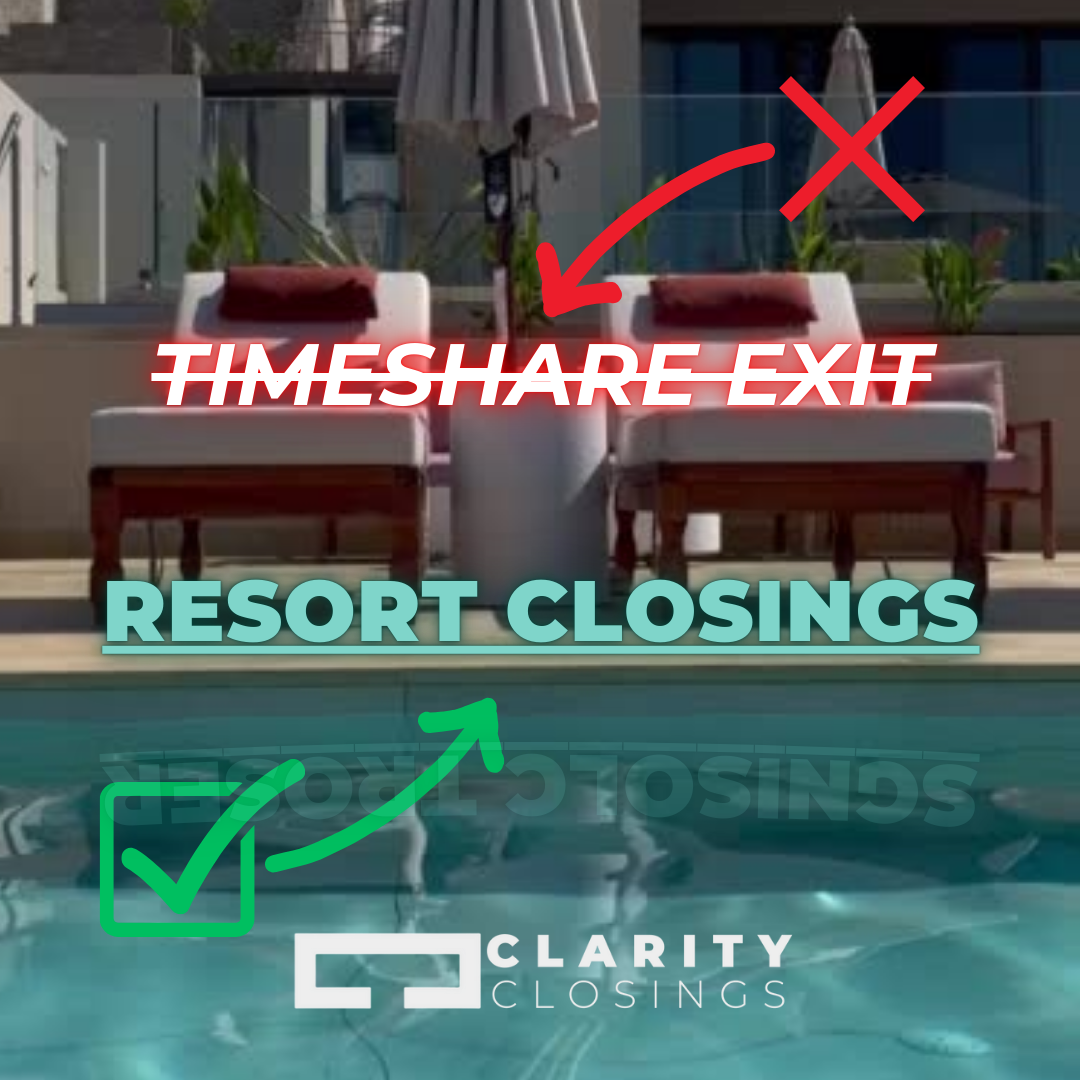
Understanding Timeshares
What is a Timeshare?
A timeshare is a property with divided form of ownership or use rights. These properties are typically resort condominium units, with multiple parties holding rights to use the property for a specified period each year.
Types of Timeshares
There are primarily two types of timeshares: deeded and non-deeded. Deeded timeshares involve the purchase of real property, while non-deeded timeshares, also known as vacation interval or right-to-use contracts, involve leasing the right to use a property for a specific amount of time each year.
The Concept of Maintenance Fees
What are Maintenance Fees?
Maintenance fees are recurring costs that every timeshare owner must pay. They're typically billed on an annual basis and are necessary for the upkeep of the property.
Why Are Maintenance Fees Necessary?
Maintenance fees cover the costs of running the resort and its amenities, including the upkeep of shared areas, like the pool, gym, and landscaping, as well as utilities and property taxes.
Components of Maintenance Fees
Repairs and Renovations
A portion of your maintenance fee goes towards repairs and renovations. This can range from minor fixes, like a broken window, to major renovations, such as updating the lobby or installing a new roof.
Utilities and Services
Your maintenance fees also cover the cost of utilities, such as water, electricity, internet, and cable, along with services like trash removal, cleaning, and security.
Property Management
Management of the resort is another cost factored into your maintenance fees. This includes the salaries of the on-site management team, as well as any administrative and legal costs.
Understanding Your Maintenance Fee Bill
Annual Increases
It's important to note that maintenance fees can increase annually. The rate of increase depends on various factors such as inflation, the condition of the resort, and the management's ability to control costs.
Special Assessment Fees
In addition to regular maintenance fees, timeshare owners may occasionally be hit with special assessment fees. These are fees charged for unexpected costs not covered by the annual budget, such as major repairs from natural disasters.
Managing and Reducing Maintenance Fees
Negotiation and Timeshare Exit Options
If your maintenance fees become too burdensome, you have several options.
Sell Your Timeshare
One of the options is to sell your timeshare. However, this can be challenging due to the oversupply of timeshares on the resale market, leading to lower prices. You might not recover your initial investment, but it could relieve you of future maintenance fees.
Rent Your Timeshare
Another option is to rent out your timeshare when you're not using it. This can help offset the cost of maintenance fees. Just make sure to check with your timeshare company if this is allowed under your contract.
Conclusion
Understanding what timeshare maintenance fees are is crucial before entering into a timeshare agreement. These fees cover the cost of various services that keep the resort running smoothly, from repairs and renovations to utilities and property management. However, keep in mind that these fees can increase annually and that you might occasionally be charged special assessment fees for unexpected costs. If the fees become too burdensome, selling or renting out your timeshare might be an option.
FAQs
1. What happens if I don't pay my timeshare maintenance fees?
If you fail to pay your maintenance fees, your timeshare company may take legal action, potentially leading to foreclosure. Your credit score may also be negatively impacted.
2. Are timeshare maintenance fees tax-deductible?
In some cases, timeshare maintenance fees can be tax-deductible, particularly if you rent out your timeshare. However, tax laws vary, so you should consult with a tax professional.
3. Can I negotiate my timeshare maintenance fees?
Typically, timeshare maintenance fees are non-negotiable as they're distributed among all owners to cover the resort's operating costs. However, you can always ask your timeshare company if there are any opportunities to reduce these fees.
4. How often do I have to pay timeshare maintenance fees?
Timeshare maintenance fees are typically billed on an annual basis, although this can vary depending on your contract.
5. What is included in timeshare maintenance fees?
Maintenance fees cover a wide range of services, including repairs, renovations, utilities, property management, and potentially other resort amenities.
Contact us today to get a free consultation with quote




